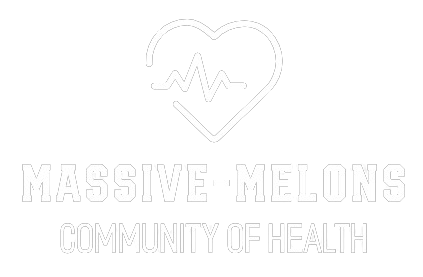Glaucoma
There are many different eye diseases that many people suffer from. Glaucoma is one eye issue that millions of people suffer. What is it? It is an eye condition that slowly takes away a person’s vision by damaging their optic nerve. It is attributed to intraocular pressure. This can lead to irreversible vision loss if it doesn’t get treated. Glaucoma can come in various forms. It also starts with the drainage of the fluid in the eye. This can cause the buildup of fluid, which can result in pressure in the eye that can result in harming the health of the optic nerve. Like any other disease, Glaucoma has symptoms that need to be understood before treatment begins. glaucoma symptoms are easy to understand, and the treatment, in the beginning, is also not very harsh and brutal to follow.
Identifying the Symptoms
It is essential to recognise the symptoms of glaucoma. It can be pretty challenging as symptoms of the disease can go unnoticed. Glaucoma symptom starts slowly, with some vision loss beginning to come across as a common symptom. There are different types of glaucoma. For example, acute angle-closure glaucoma has very harsh symptoms such as sudden eye pain, vision changes, and halos in the vision while looking at the light. Other types, such as newborn glaucoma, may have visual symptoms such as enlarged eyes, harsh sensitivity to eyes, and tearing. It is necessary to be aware of each of these symptoms and go to the doctor once the symptoms start to show. Having treatment before the symptoms begin to grow worse is the best option.

Dealing with Glaucoma
Diagnosis of any disease is necessary so that the treatment can start. Glaucoma requires a detailed eye examination, including tonometry to measure eye pressure and other imaging tests to evaluate optic nerve health. A standard treatment method is using eye drops. They can commonly used to lower eye pressure. Other methods include laser treatment and surgery. These treatments may be expensive, but they are great for long-term and effective treatment. Congenital Glaucoma needs surgery so that long-term complications can be avoided. Dealing with Glaucoma depends on how the treatment is received and how the doctor is giving the treatment. It is best to deal with Glaucoma at the right moment so that the disease doesn’t grow much and doesn’t get painful for the patient.














